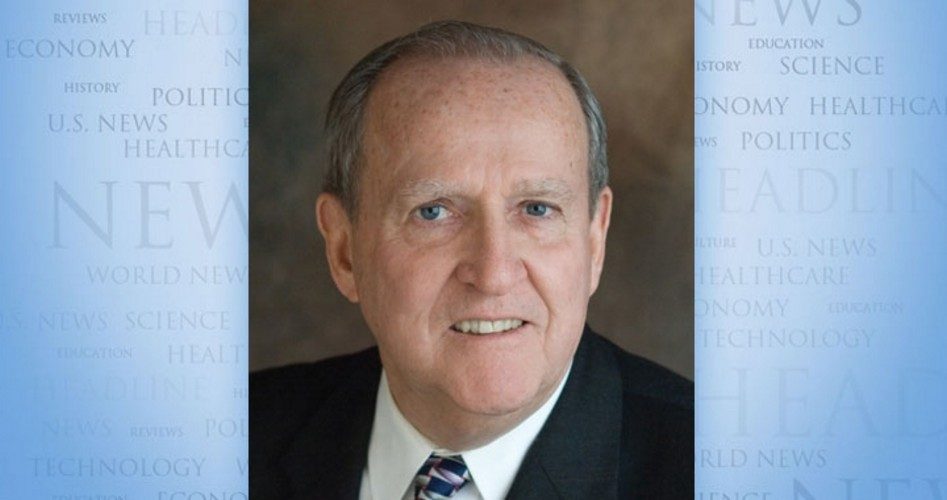
Begun a century ago and funded by the estate of Cecil John Rhodes, the Rhodes Scholarship program originally awarded two years of study at Oxford only to promising English male collegians. Soon, the welcome mat was thrown to similarly gifted students from various portions of the British Empire: India, Pakistan, South Africa, Australia, and Canada. The recipients of the prestigious awards were expected to promote the goals of the fabulously wealthy man who, with initial help from Lord Rothschild, accumulated his great fortune from the diamond mines and gold fields of South Africa. So influential was Rhodes in the southern portion of the African continent that the nation of Rhodesia (now Zimbabwe) was named after him.
Born in England in 1853, Rhodes spent several of his early years in South Africa before returning to England and attending Oxford University. There, he came under the influence of Professor John Ruskin who, in his own self-published newsletter, described himself as “a communist of the old school.” By that Ruskin indicated a preference for socialism, not the blood-thirsty Stalinist form of communism. Also an admirer of Enlightenment figure Jean Jacques Rousseau, Ruskin planted in his students a belief that the entire world should be ruled by elitists from Great Britain. Rhodes spent much of the rest of his life working to accomplish that goal by means of the secret society he formed.
A great American admirer of Rhodes, Georgetown University Professor Carroll Quigley wrote in his The Anglo-American Establishment (published posthumously in 1981), “The scholarships were merely a façade to conceal the secret society, or, more accurately, they were to be one of the instruments by which members of the secret society could carry out his [Rhodes’] purpose.” In the very first of the wills left by Rhodes (there were seven), he pointed to such goals as “The extension of British rule throughout the world … ultimate recovery of the United States as an integral part of a British Empire … the foundation of so great a power as to hereafter render wars impossible.” The latter goal envisioned a world government.
In his Tragedy and Hope (1966), Professor Quigley credited the Rhodes secret society with the founding of England’s Royal Institute of International Affairs and America’s Council on Foreign Relations. Quigley pointed to the ultimate goal of these two organizations: “confederate the whole of it (the world), with the United Kingdom, into a single organization.” Finally, build a formal world government run by individuals trained in the Rhodes Scholarship program and similar institutions.
At the outset, scholarship recipients were all males but women were welcomed beginning in 1976. No more prominent U.S. participant in the program can be found than former President Bill Clinton. Others include several Supreme Court justices (Harlan, White, Souter), senators (Fulbright [Ark.], Lugar [Ind.], Sarbanes [Md.], Boren [Okla.], Bradley [N.J.], executive branch members (Rusk, Rostow, Reich, Turner, Stephanopoulos), and several heavyweights from the mass media.
Welcoming Chinese into the program isn’t something Rhodes himself would likely have done. But, if a world government is to be created, China will have to be part of it. Former Rhodes Scholar Charles Conn, who manages the program in the United States, believes that there will soon be as many Chinese welcomed to participate as there are Americans. Financing for the Chinese students will partially come from Li Ka-shing, the wealthiest individual in all of Asia.
The march toward world government continues. Cecil John Rhodes would be pleased.
John F. McManus is president of The John Birch Society and publisher of The New American. This column appeared originally at the insideJBS blog and is reprinted here with permission.



